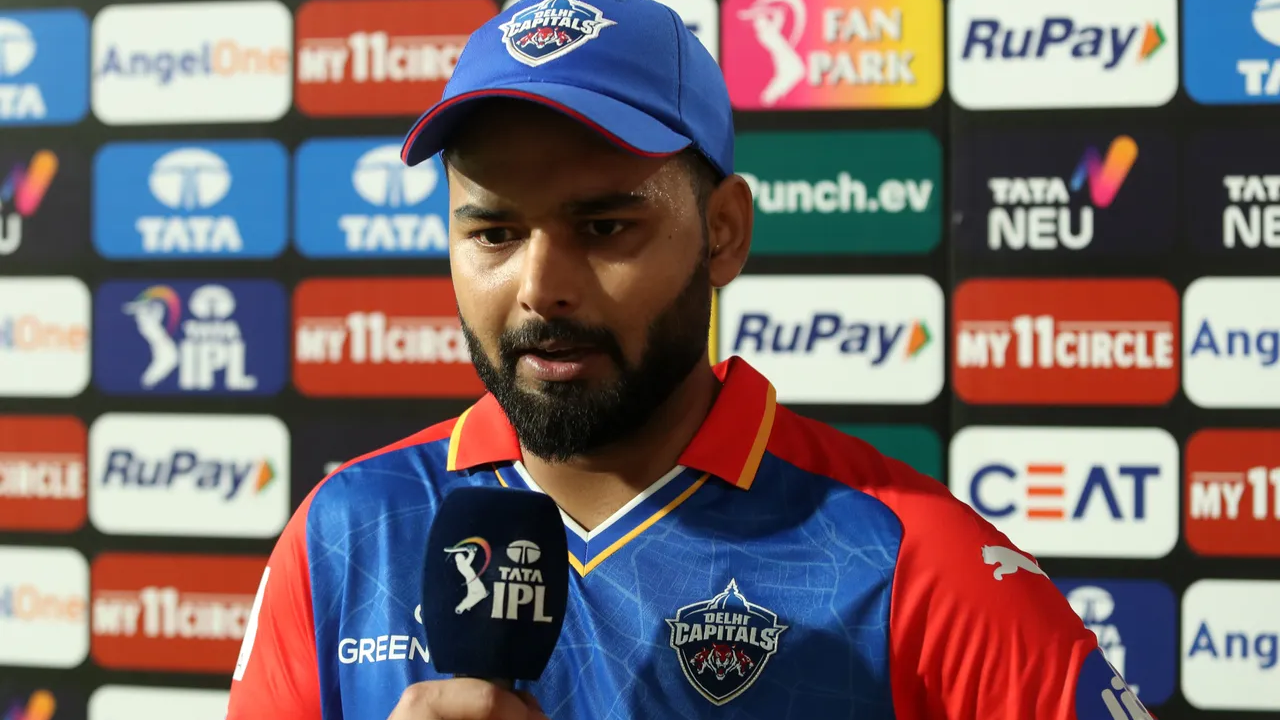 |
|
The Indian Premier League (IPL) witnessed a dramatic turn of events when Rishabh Pant, a long-standing member of the Delhi Capitals (DC), was not retained by the franchise and subsequently acquired by the Lucknow Super Giants (LSG) for a staggering ₹27 crore, making him the most expensive player in IPL history. This decision sparked widespread speculation and criticism, prompting DC co-owner Parth Jindal to address the situation and clarify the circumstances surrounding Pant's departure. Jindal, openly expressing his sadness at losing his favorite player (after Sourav Ganguly), revealed that the decision to release Pant was a collective one, driven by a culmination of factors, primarily the player's performance not aligning with the team's expectations. This wasn't a case of a sudden rift; instead, it represented a long-standing issue that culminated in Pant's departure. The team engaged in numerous discussions with Pant to address these performance concerns, but the feedback, according to Jindal, wasn't received as hoped, leading to a decision that was ultimately mutual, albeit tinged with emotion.
Jindal emphatically denied any personal conflicts or disagreements with Pant, emphasizing that the release was a strategic move based on a thorough assessment of the player's performance and the financial implications. He specifically highlighted that choosing to use the Right to Match (RTM) card at the auction to retain Pant at such a high price would have been financially disastrous for the franchise. The ₹27 crore bid far exceeded what DC deemed a reasonable investment, rendering the RTM a potentially devastating strategic choice. The decision not to use the RTM wasn't a reflection of a lack of desire to keep Pant, but rather a calculated move to avoid crippling the team's financial stability and future auction strategies. This decision was based on the principle of responsible financial management for the long-term success of the Delhi Capitals.
The narrative surrounding Pant's transfer goes beyond mere financial considerations. It encapsulates a complex interplay of performance expectations, player development, and strategic team management. While DC acknowledged Pant's immense talent and his historical significance to the franchise—as their longest-serving player, holding the record for most matches played and runs scored—the reality is that the team felt that his performance hadn't met their expectations in recent seasons. This wasn't an overnight decision; it was a culmination of observations made over several seasons. It highlights the challenges faced by franchises in balancing player loyalty with the pursuit of competitive success. The decision to release Pant showcases a hard truth within professional sports: while loyalty is valuable, ultimately, teams prioritize building a winning team, and sometimes that involves making difficult decisions that may seem counterintuitive to fans.
The story also underscores the high stakes and financial pressures within the IPL. The sheer amount of money involved—₹27 crore—underlines the financial prowess and competitive intensity of the league. The auction itself becomes a strategic battleground where franchises weigh talent against budgetary constraints, and the price of a player can fluctuate wildly depending on multiple factors, including the bidding war itself. Pant's transfer illustrates the fluctuating nature of player value and the importance of shrewd financial management in a league where fortunes can change rapidly. The success of a franchise isn't solely dependent on acquiring star players but also on making strategic, financially responsible decisions.
Finally, this event serves as a case study in the evolving dynamics of player-franchise relationships within the IPL. The relationship between Pant and DC, marked by a long and successful partnership, ended due to a confluence of factors, including performance expectations and strategic decisions. It also raises questions about the role of feedback and communication in such situations. The fact that DC's feedback wasn't received as expected emphasizes the importance of effective communication between management and players in maintaining a positive and productive working relationship. It's a reminder that successful teams are built not only on individual talent but also on a foundation of mutual understanding and trust, something which seemingly deteriorated in the relationship between Pant and the Delhi Capitals.
Source: We Expected Things Of Rishabh That We Did Not Get...: DC Owner Breaks Silence On Pant Snub
